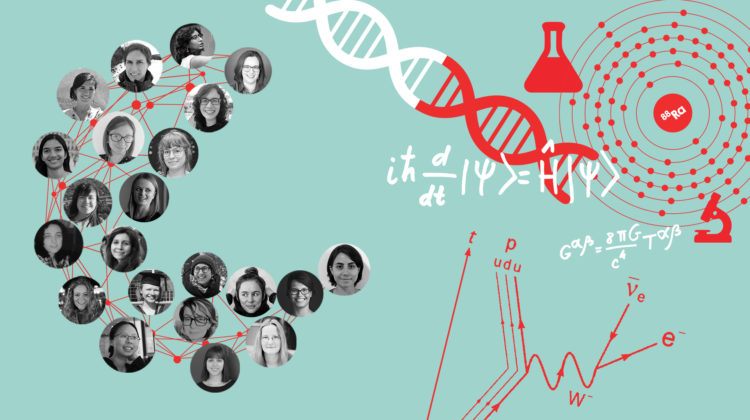General relativity from A to Z
To mark the 100-year anniversary of the theory that re-wrote the rule book of physics, Perimeter presents an overview of general relativity, alphabetized for your convenience.

In 1915, Albert Einstein published the idea that revolutionized how we decipher the universe: general relativity.
General relativity is the geometric theory of gravity that gives us the building blocks we need to deeply understand the nature of space and time (and, as an added bonus, navigate by GPS).
We used some different blocks, of the alphabetical variety, to celebrate the centenary of what has been called “the most beautiful of theories.”








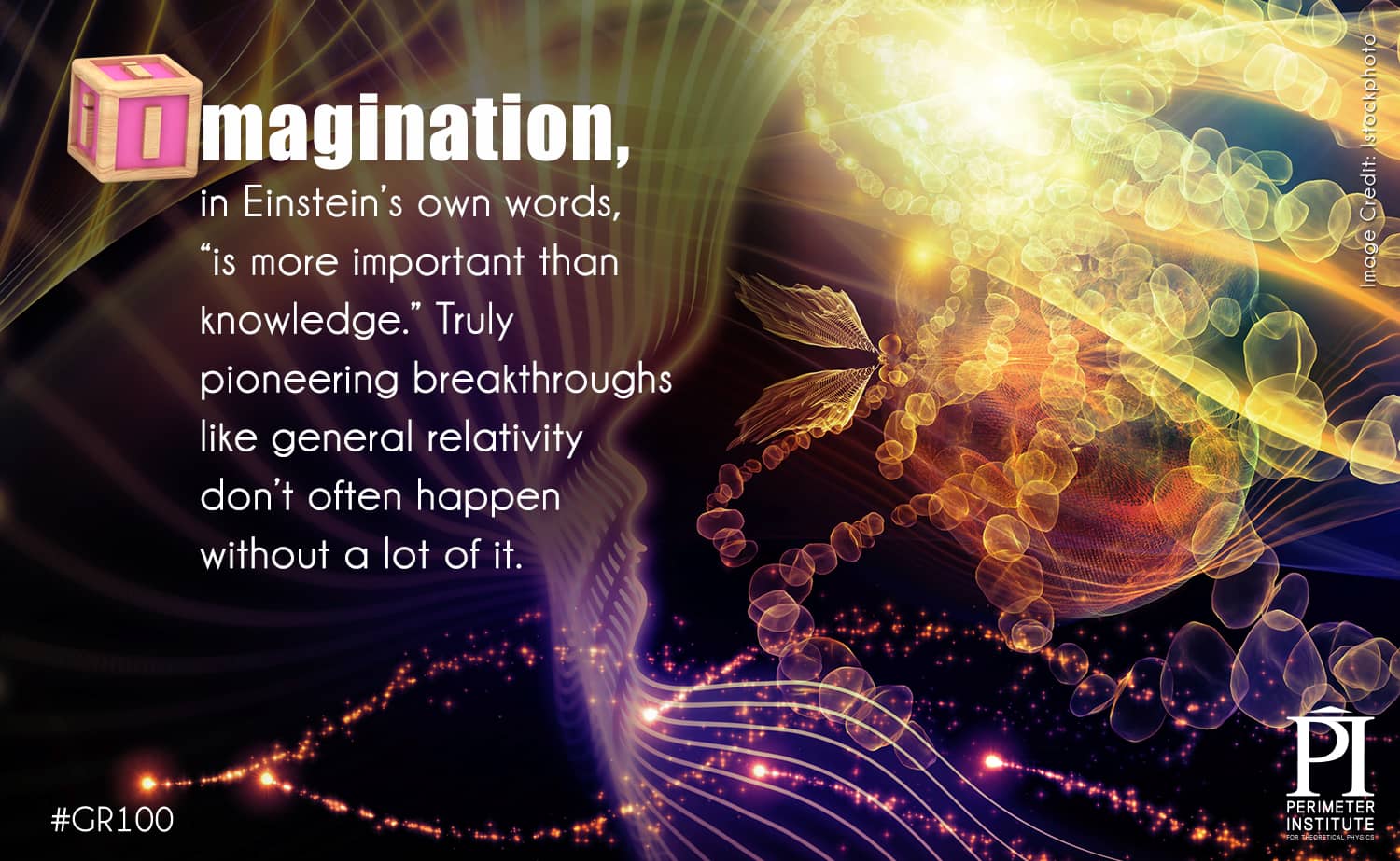

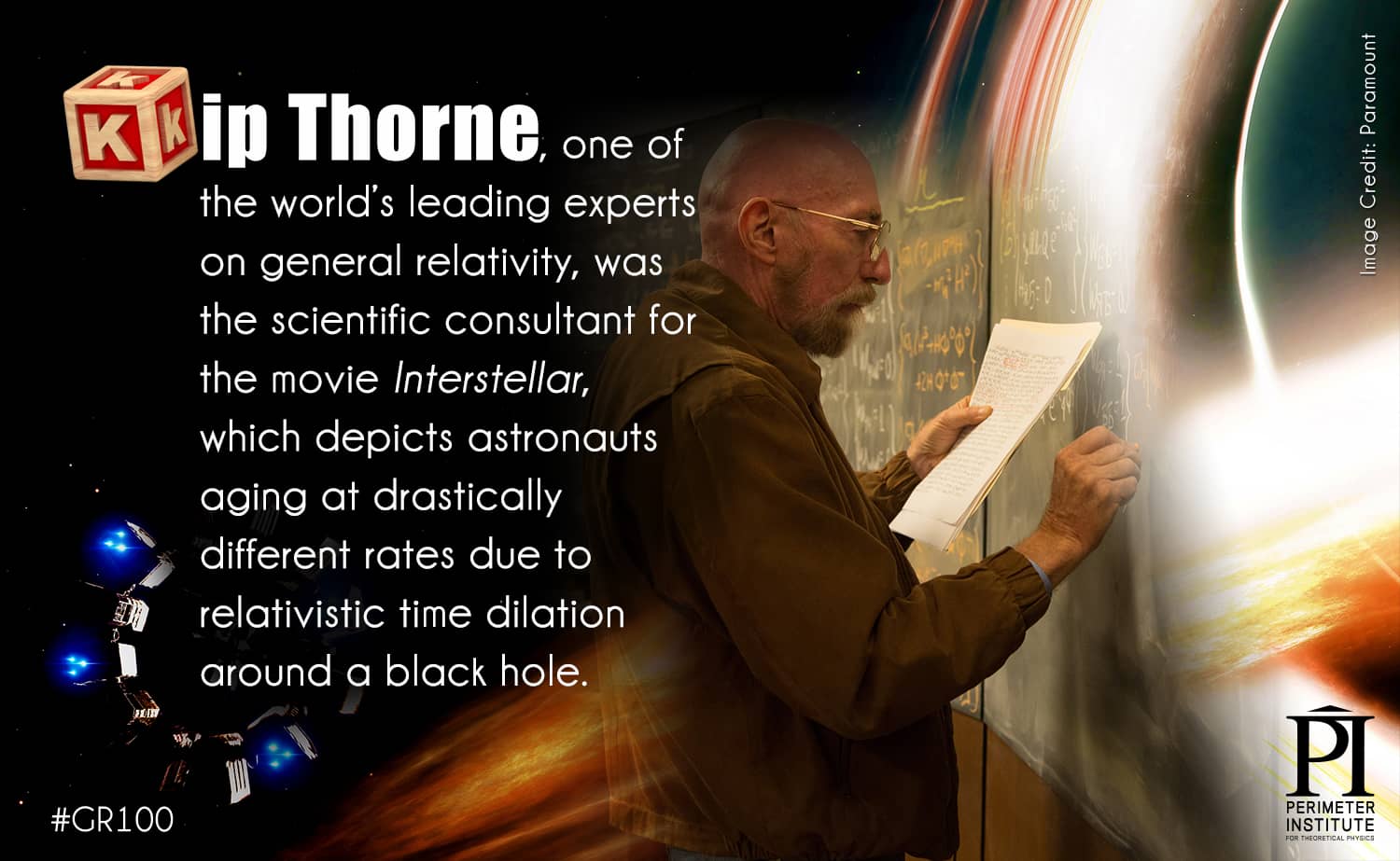





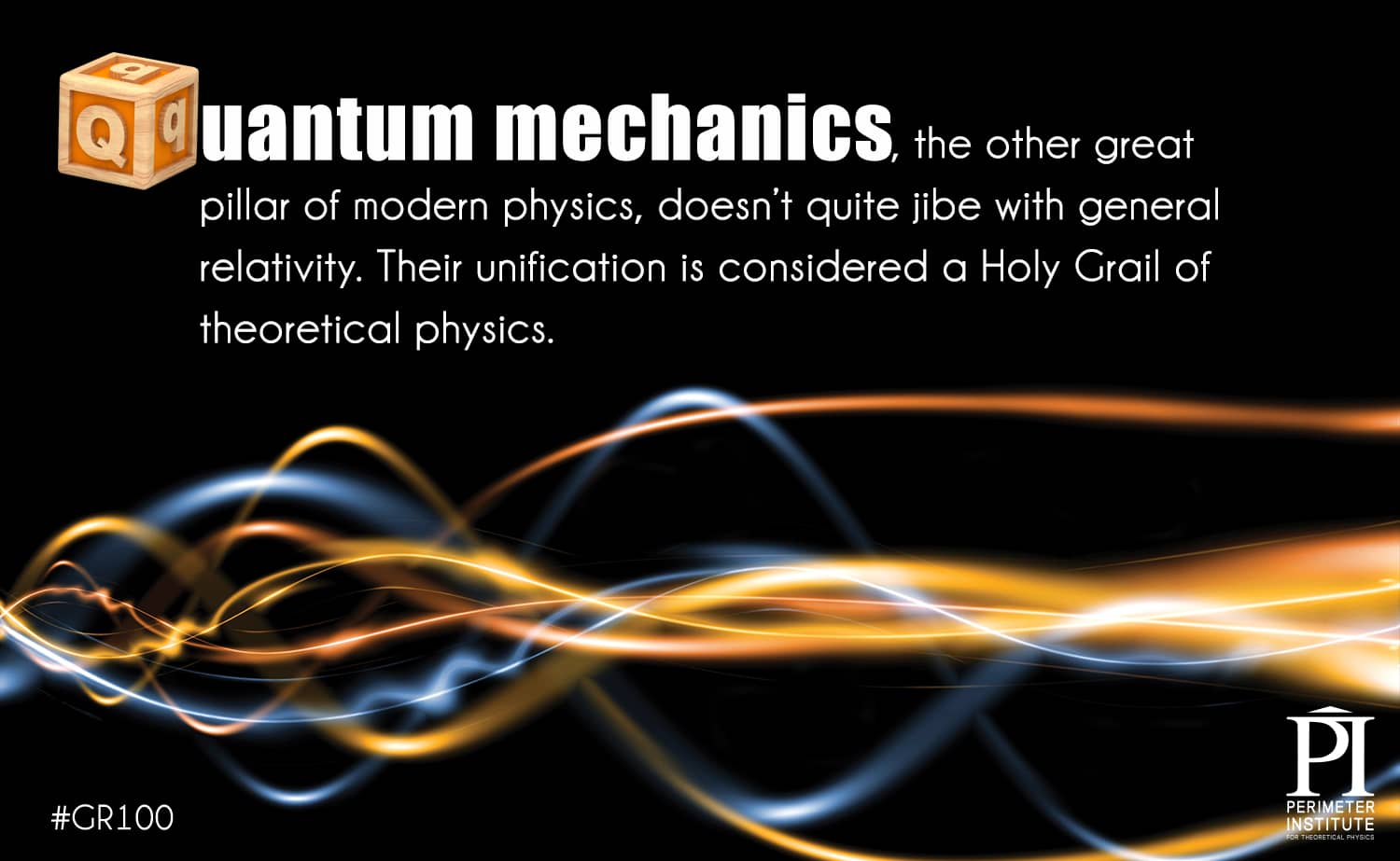




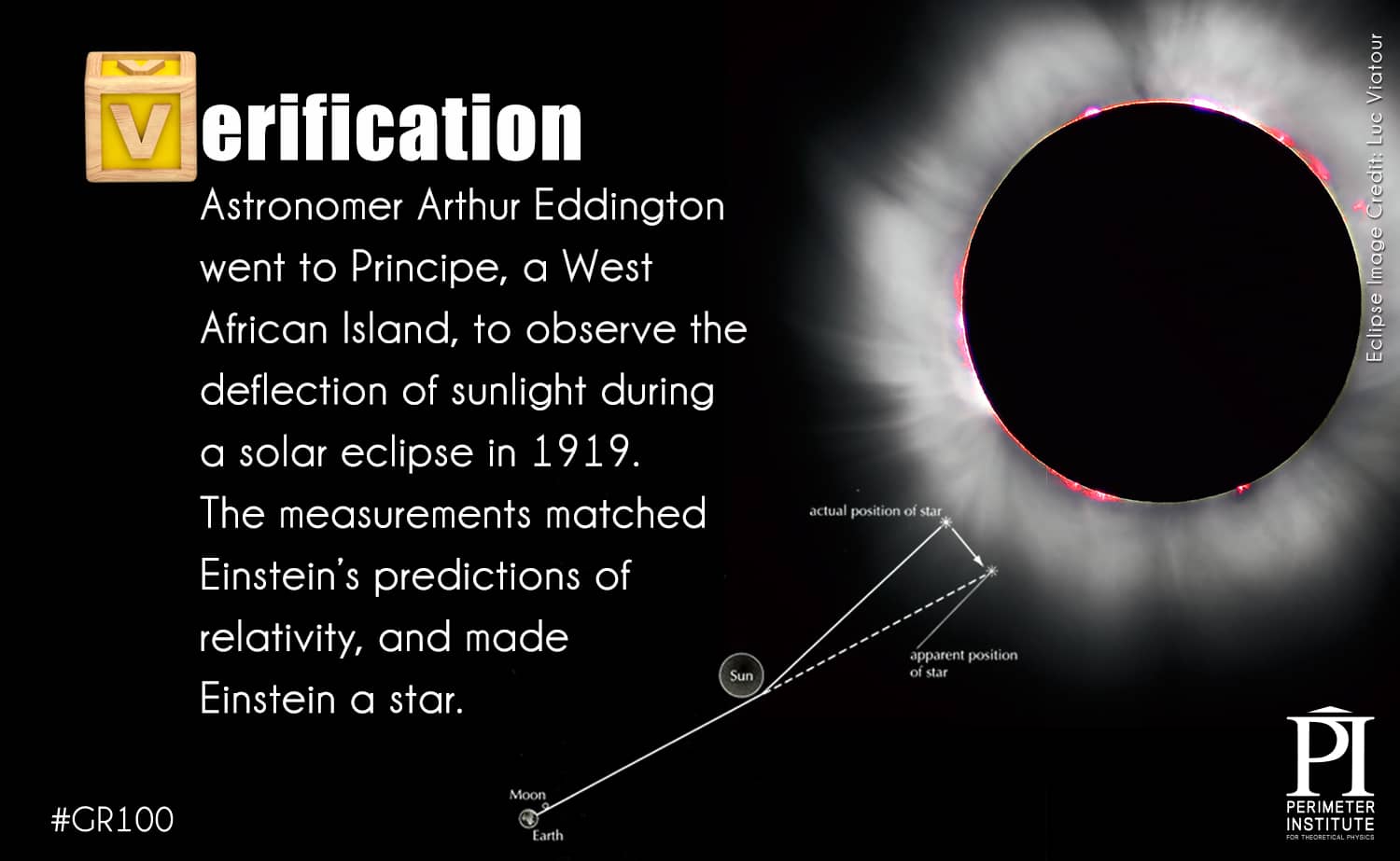


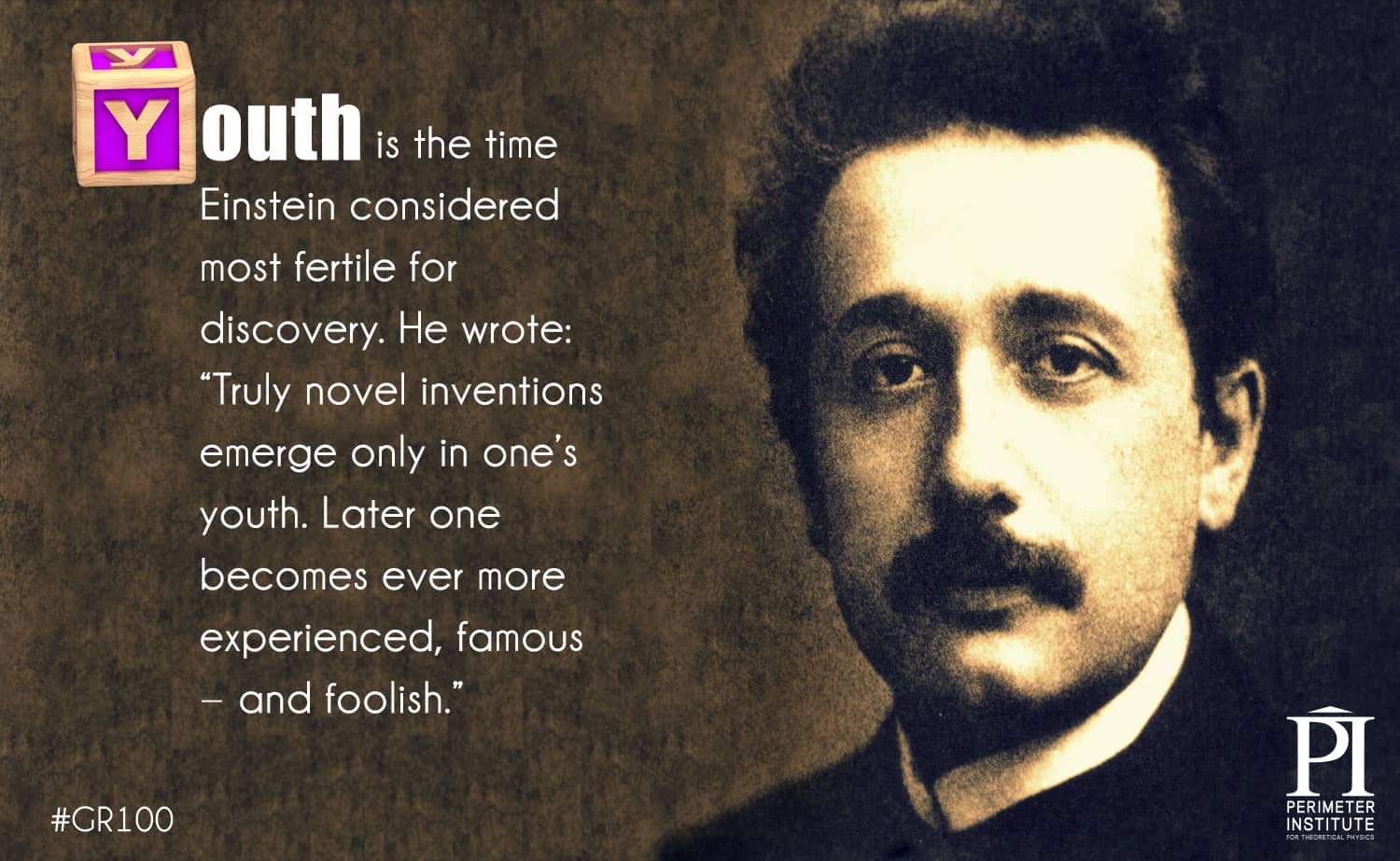

More Bites of PI:





















































































